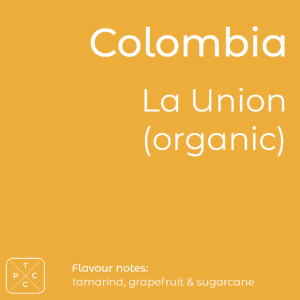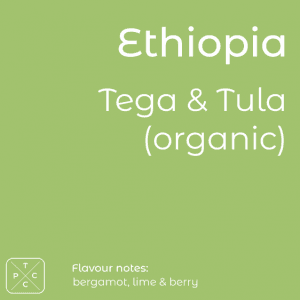
5 Factors that Influence the Quality of Coffee
WHAT MAKES
GOOD COFFEE GREAT?
If you’re a coffee-lover, there’s a broad range of characteristics you can find in coffee. There are sweet fruit flavours, floral and tea-like aromatics, and even earthy tastes—the incredible spectrum of taste experiences to behold! From the many identities of coffee, however, what is it that really determines the best tasting cup of coffee? Some may argue that purchasing speciality coffee is key, while for others, fresh coffee beans are the way to go. Unfortunately, there is no simple answer to the question.
The fact is, there are many factors that come into play such as flavour, roast profile, and the origin of the coffee. To truly understand what it means to drink a good cup of coffee, here are some of the factors that determine and influence the quality of coffee:
The coffee lovers are right—one of the most vital aspects of a good cup of coffee is the bean itself. In other words, the fresher the beans, the better the coffee! Upon roasting, the coffee beans begin to degrade due to oxidisation. Coffee roasters usually prevent this from happening by pouring coffee beans in airtight containers, but other factors also come into play. Light, heat, and moisture, for instance, also ruin the integrity of the coffee beans, so make sure that you store yours correctly once the bag has been opened!
FRESHNESS OF
THE COFFEE BEANS
FRESHNESS OF
THE GRIND
Coffee is at its freshest for about an hour after grinding—after which it starts to degrade, becoming increasingly staler and eventually unusable! Alwats remember that grinding coffee beans means they’re more vulnerable to the natural elements, which causes it to spoil quickly. If you want to consume only the best possible coffee, make sure you only grind coffee as and when you need it.
Unknown to many, the coarseness of grind also affects the quality of your coffee. Brewing coffee too coarse can result in the water running through the coffee grounds too quickly, producing a weak & highly acidic coffee. On the other hand, too finely ground coffee will cause an overly bitter taste. Finding the right grind can be difficult with some coffees, unfortunately, as it’s a trial and error process—once you find the perfect grind, write it down!
THE 'SIZE' OF
THE GRIND
WATER
QUALITY
Water is another factor often overlooked and ignored, but water makes up to 98% of a cup of proper coffee—so it’s important when trying to make the perfect cup! Experts encourage coffee lovers to use filtered water, as this helps you achieve that ideal, untainted taste. Moreover, it helps keep your coffee machine in better condition. Keep the water filter in your coffee machine in check, too! Any mineral build-up will affect your coffee as well as the life of the machine.
Keep in mind that your coffee maker produces a consumable product, making it susceptible to bacteria growth. For hygienic reasons, you need to clean your coffee machine regularly. Doing so will ensure that you get only the best quality coffee out of it, as it will be free from old, stale coffee grounds, random spillages, and residual milk!
CLEANLINESS OF
THE COFFEE MACHINE
THE BOTTOM
LINE
Who could ever deny the many wonders a good cup of coffee can bring? It’s the perfect companion to every dreary Monday morning and the right pick-me-up from lazy afternoons. It’s only right that you know exactly what factors influence the coffee quality, to ensure that you get only the best!
If you’re looking to buy the best coffee beans online in the UK, then we serve the freshest! We understand what makes coffee good and want you to experience the same. Have your beans delivered right to your doorstep today!




